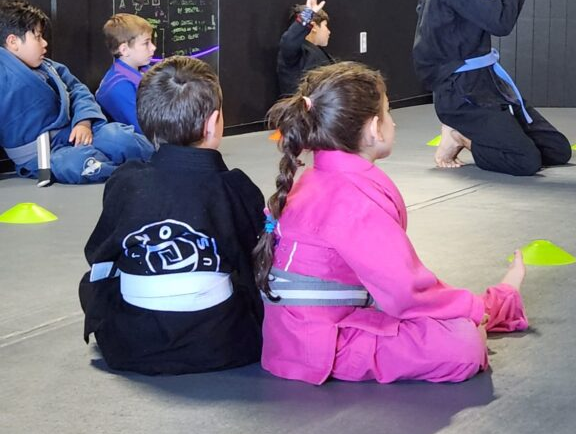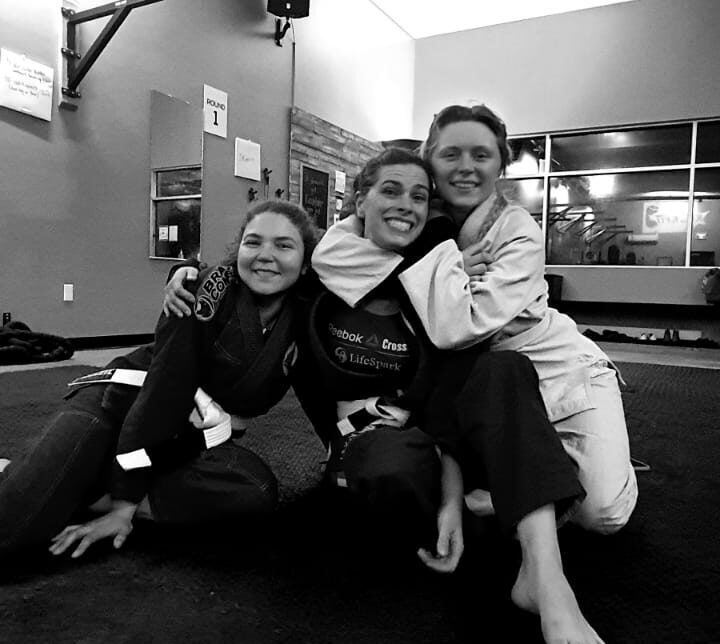The Frustration of a Not-So-Helpful Partner
Picture this: you’re on the mat, eager to improve your Jiu-Jitsu skills, but your training partner isn’t quite on the same page. They may be too aggressive, too passive, or simply not engaged in the learning process. It’s frustrating, isn’t it?
In Jiu-Jitsu, the quality of your training partner can make all the difference between a frustrating experience and a fulfilling one. This is why being an exceptional training partner is just as important as mastering the techniques themselves. In this guide, we’ll explore 11 key principles that will help you become the training partner everyone wishes for. Whether you’re a seasoned practitioner or just starting out, these principles will not only elevate your partner’s experience but also contribute to a more positive and productive learning environment for everyone. So, let’s get started on the path to becoming the ultimate Jiu-Jitsu partner.

Principles for Physical Training:
1. Maintain Proper Posture and Muscle Tension:
- Strive for a balance between stiffness and floppiness.
- Keep proper posture and muscle tension.
- Provide a realistic challenge without overpowering your partner.
2. Control Your Intensity:
- Match your training intensity to your partner’s skill level.
- Avoid unnecessary aggression to ensure a productive session.
3. Be Mindful of Strength:
- Emphasize technique over strength.
- Adapt to the size and experience of your partner.
4. Stay in Control:
- Maintain control over your movements.
- Prevent wild and uncontrolled actions to reduce the risk of injuries.
5. Maintain Good Hygiene:
- Keep yourself and your training gear clean and odor-free.
- Ensure a pleasant training environment for everyone.
Principles for Mental and Emotional Training:
6. Respect Different Learning Styles:
- Recognize that individuals learn differently.
- Some may learn through observation, while others may prefer hands-on experience or verbal explanations.
- Be patient and adaptable to your partner’s preferred learning style.
7. Create a Comfortable Learning Environment:
- Encourage your partner to explore and experiment with techniques.
- Avoid being overly reactive or controlling, allowing them to learn and grow at their own pace.
8. Don’t Predict Techniques:
- Refrain from anticipating your partner’s moves, especially if it’s not part of the training drill.
- Predicting techniques can hinder their learning and make training less realistic.
9. Stay Humble:
- Embrace humility in your training journey.
- Acknowledge when your partner executes a technique effectively.
10. Stay Positive:
- Maintain a positive attitude during training sessions.
- Positivity motivates you and your training partners to improve.
11. Respect the Instructor:
- Listen to your instructor’s guidance and follow their instructions.
- Instructors possess valuable knowledge to help you progress.
Conclusion:
Becoming a fantastic Jiu-Jitsu partner involves mastering not only the physical aspects but also the mental and emotional aspects of training. By following these 11 principles, you’ll contribute to a positive, safe, and productive training environment while enhancing your own skills. Remember, in Jiu-Jitsu, being a great partner is as important as being a great practitioner.

